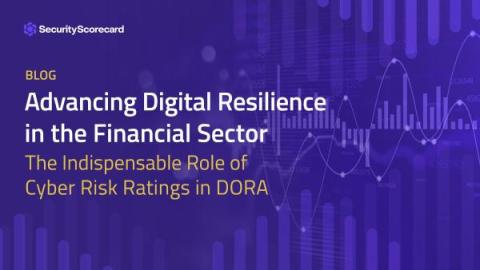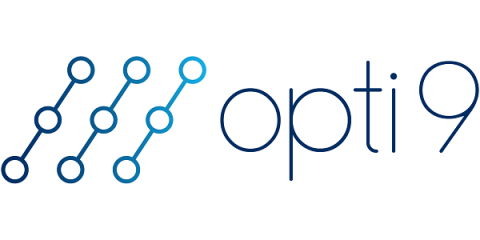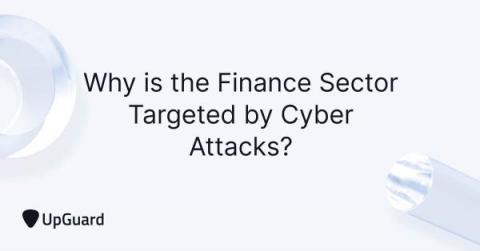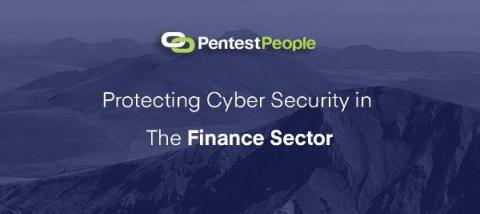Advancing Digital Resilience in the Financial Sector
Financial entities throughout the European Union are preparing for the Digital Operational Resilience Act (DORA), a new piece of legislation to strengthen the digital resilience of credit institutions, investment firms, insurers, and more. DORA focuses on breach prevention and cyber resilience, meaning financial institutions must prioritize both protecting their attack surface and incident response planning.










